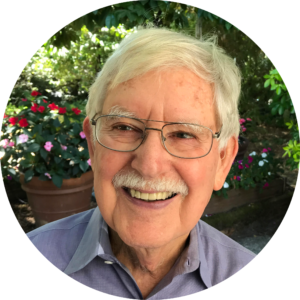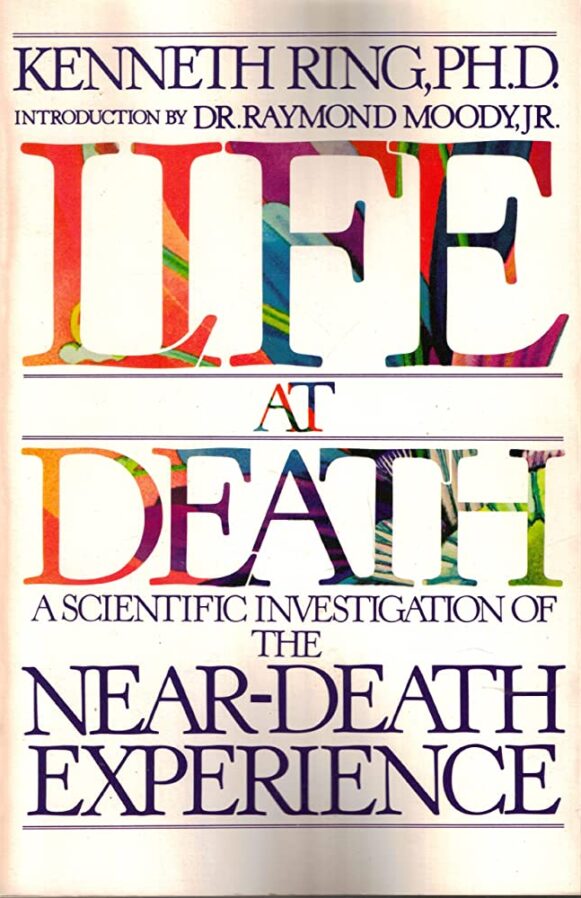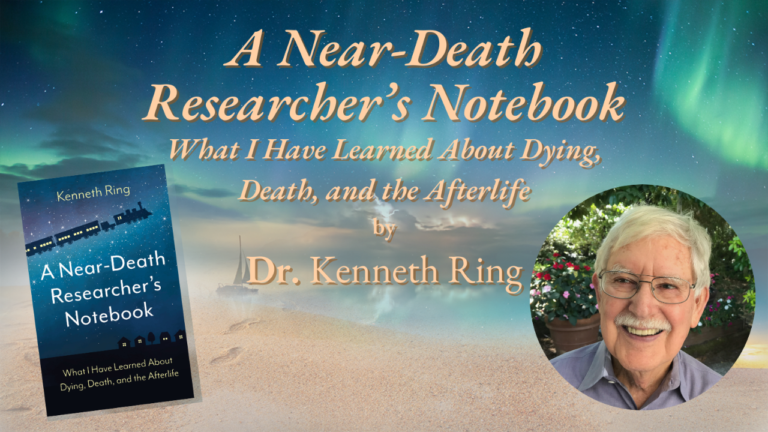Kenneth Ring is a renowned psychologist who has spent his career studying near-death experiences (NDEs) and their profound impact on individuals after his own testimonial evidence on the matter. He is the co-founder of the International Association for Near-Death Studies and has written numerous books on the subject, including “Life At Death – A Scientific Investigation Of The Near-Death Experience” and “Lessons from the Light.”
Ring’s interest in NDEs was sparked by a personal experience he had as a young man. In 1968, while he was a graduate student in psychology, he was involved in a serious car accident. He found himself floating above his body and looking down at the scene below. This experience left a profound impact on him and inspired him to investigate the phenomenon of NDEs further.

Ring’s research has led him to believe that NDEs are a legitimate and important area of study. He has conducted numerous studies on individuals who have had NDEs and has found that they share many common experiences. These experiences include feelings of peace and joy, encounters with deceased loved ones, and a sense of being outside of their physical body.
One of Kenneth Ring’s most significant contributions to the field of NDE research is his development of the “Near-Death Experience Scale.” This scale measures the depth and intensity of an individual’s NDE testimonial evidence based on a set of criteria, such as feelings of peace, seeing a tunnel or bright light, and encountering deceased loved ones. The scale has been used in numerous studies and has helped to provide a more standardized and objective way of measuring NDEs.
In addition to his research on NDEs, Ring has also investigated the transformative effects that these experiences can have on individuals. He has found that many people who have had NDEs report feeling more connected to others and to the world around them. They also often report a shift in their values and priorities, placing a greater emphasis on compassion, love, and spiritual growth.

Ring’s work has not been without controversy, however. Some critics have dismissed NDEs as nothing more than hallucinations or wishful thinking. Others have accused Ring and other researchers of allowing their own biases and beliefs to influence their interpretation of the data.
Despite these criticisms, Ring remains committed to studying NDEs and their impact on individuals. He has argued that the experiences reported by those who have had NDEs cannot be easily explained away and that they deserve to be taken seriously as a legitimate area of study.
One area that Ring has been particularly interested in exploring is the relationship between NDEs and spirituality. He has argued that NDEs provide testimonial evidence of the existence of a spiritual realm and that they challenge traditional materialistic views of reality. He has also suggested that NDEs may provide a glimpse into the afterlife and that they can offer hope and comfort to those who fear death.

Despite the challenges that come with studying NDEs, Ring remains optimistic about the potential for this research to contribute to our understanding of consciousness, spirituality, and the nature of reality itself. He has called for more rigorous and systematic studies of NDEs and has urged researchers to approach this topic with an open mind and a willingness to challenge their own assumptions.
In conclusion, Kenneth Ring is a pioneering researcher in the field of NDEs who has made significant contributions to our understanding of this complex and fascinating phenomenon. His work, particularly in his book; “Life At Death – A Scientific Investigation Of The Near-Death Experience” has helped to legitimize NDEs as a legitimate area of study and has provided a framework for investigating the transformative effects that these experiences can have on individuals. Despite the controversy surrounding his research, Ring remains committed to exploring the relationship between NDEs, spirituality, and the nature of reality itself. His work is a reminder of the importance of remaining open-minded and curious in our quest to understand the mysteries of the human experience.